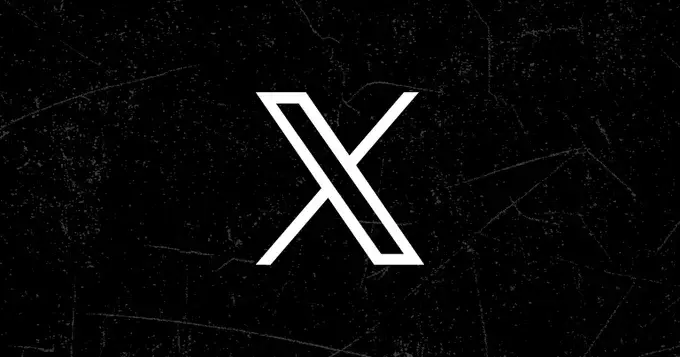In the realm of social media governance, few figures have polarized opinions like Elon Musk, the CEO of X, formerly known as Twitter. As X continues to navigate the complex waters of international relations and content moderation, the platform’s recent decisions raise pivotal questions about its commitment to free speech. Specifically, reports indicate that X suspended numerous accounts associated with opposition figures in Turkey, a decision seemingly influenced by the Turkish government’s attempts to stifle dissent. This dilemma exemplifies the broader challenges facing social media platforms operating in politically sensitive environments.
The recent unrest surrounding the arrest of Istanbul Mayor Ekrem İmamoğlu, a significant political adversary of President Recep Tayyip Erdoğan, has incited nationwide protests. In response, the Turkish government has attempted to curtail the opposition’s digital voice, leading to the suspension of multiple accounts linked to grassroots activism. According to Yusuf Can, a coordinator at the Wilson Center’s Middle East Program, these accounts primarily functioned as informational hubs for students and activists, showcasing the vital role social media plays in modern protest movements. As such, the actions taken by X not only serve to limit individual voices but raise alarm bells about the erosion of democratic discourse in Turkey.
Activism in the Age of Digital Suppression
The silencing of grassroots activists on X highlights a disturbing trend: the growing intersection of social media dynamics with authoritarian governance. By complying with the Turkish government’s removal requests, X appears to prioritize its operational viability over its stated ethos of free speech. This contradicts Musk’s proclamations regarding the importance of unrestrained expression on the platform. Critics argue that this results in a disingenuous narrative where free speech is upheld selectively rather than universally.
Historically, X has taken a more defiant stance against governmental censorship in other countries, exemplifying an inconsistent policy framework that raises questions about underlying motivations. For instance, when faced with censorship demands in Brazil, Musk publicly criticized the local government, defending free speech at all costs. The contrast in X’s responses in Brazil and Turkey suggests a complicated calculus behind content moderation: while defiance may bolster Musk’s image in some markets, compliance in others seems directly tied to potential commercial interests and relationships.
Political Alliances and Economic Interests
Musk’s relationship with Erdoğan is an essential element to consider when examining X’s content moderation strategy in Turkey. As Erdoğan seeks to foster collaboration with Musk through projects related to Tesla and SpaceX, the balance of power among influencers can significantly shift. The notion that economic incentives might outweigh ethical considerations in this realm highlights a troubling aspect of corporate governance where political affiliations can influence journalistic integrity and free expression.
The selective compliance of X exemplifies a dangerous double standard. When faced with requests from the Turkish authorities, the platform buttresses the latter’s agenda, seemingly at the expense of Turkish democracy. Conversely, in countries where its business interests are less intertwined with political figures, X adopts a more defiant stance against censorship. This raises critical questions about the principles driving X’s actions and the implications for activists whose lives depend on their ability to mobilize support and communicate openly on these platforms.
The Future of Free Speech on Social Media
Elon Musk’s vision for X as a bastion of free speech becomes increasingly tenuous against the backdrop of these inconsistent policies. The platform’s willingness to participate in curbing voices of dissent in Turkey could set a troubling precedent for other nations grappling with similar issues. As governments around the world grow more adept at leveraging social media regulations to suppress opposition, the question remains: how committed is X to protecting free speech worldwide?
This paradox dominates the discourse surrounding Musk’s management of X, igniting fierce debates among free speech advocates, activists, and policymakers alike. Ultimately, the preservation of free expression depends on the relationships commercial entities forge with powerful political figures and the inherent biases that emerge within such dynamics. As the conversation evolves, one can only hope that the commitment to free speech will transcend profit motives and political alliances, creating a more equitable digital landscape for future generations.


Leave a Reply
You must be logged in to post a comment.